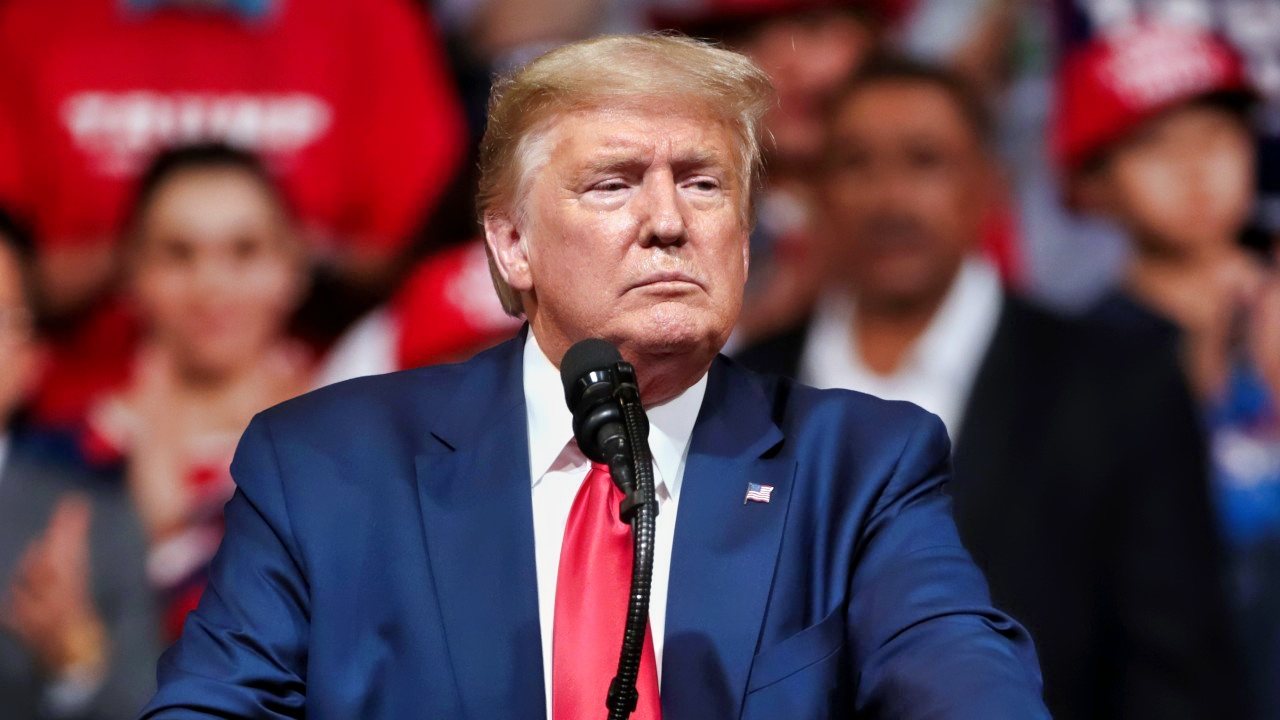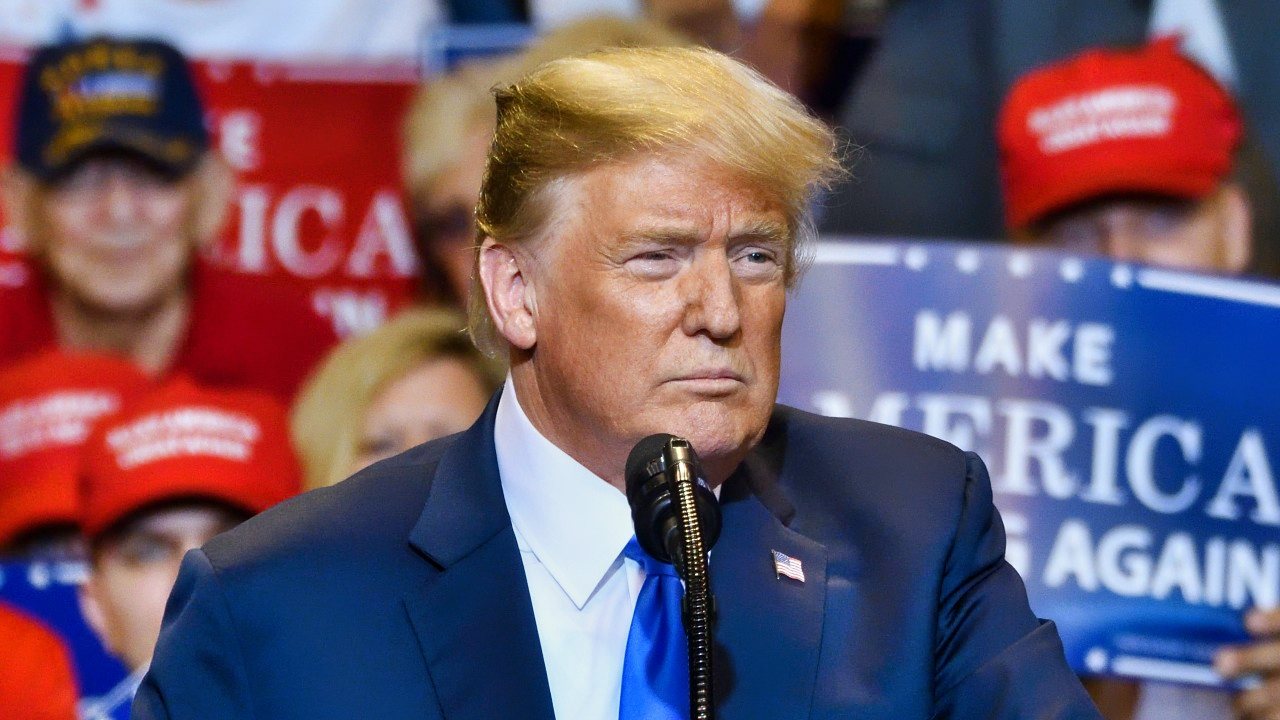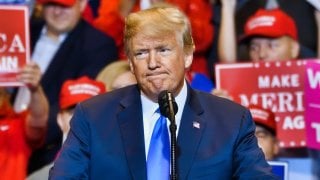Joe Biden or Donald Trump? 20 Percent in a New Poll Can't Decide
A Reuters/Ipsos poll released on June 13th shows former President Donald Trump holding a 2-point lead over incumbent President Joe Biden among registered voters, with 41% supporting Trump and 39% backing Biden. Notably, 20% of voters remain undecided.
Summary and Key Points: A Reuters/Ipsos poll released on June 13th shows former President Donald Trump holding a 2-point lead over incumbent President Joe Biden among registered voters, with 41% supporting Trump and 39% backing Biden. Notably, 20% of voters remain undecided.

-The poll had a sample size of 903 voters, making its results less definitive given the expected turnout of over 100 million voters.
-The impact of undecided voters depends on their distribution; if concentrated in battleground states, they could significantly influence the election outcome.
-Despite the familiarity of both candidates, voter indecision may stem from a lack of enthusiasm for either option and a sense of apathy.
20% of Voters Undecided in Trump vs. Biden 2024: What It Means
The new Reuters/Ipsos poll, released June 13th, found that former President Donald Trump holds a 2-point lead over incumbent President Joe Biden. The poll, which consulted registered voters from across the country, found that 41% of respondents would opt for Trump whereas 39% would opt for Biden. But the poll also found that 20% of voters remained undecided, a curious find given how well known both of the candidates are.
The poll should be taken with a grain of salt. Only 903 voters were consulted, whereas over 100 million are expected to vote in the election. Yet, the 20 percent of undecided voters polled could be significant. The number of undecided voters was 10 times higher than the margin between the two candidates and could thus decide the race ten times over. But the poll was conducted nationally and offered without geographic specificity. So, if the undecided voters are sprinkled throughout the country, then their voting power becomes diluted (this is the most likely scenario).
If the voters happen to be congregated throughout states that are locks for one candidate or the other, i.e., California or Alabama, then the undecided voters are unlikely to have a meaningful impact. But if the undecided voters happen to be concentrated in battleground states – the six states that will determine the outcome of the election, i.e., Wisconsin or Arizona – then the undecided voters could decide the election at large.

Why so undecided?
The most remarkable feature of the 2024 election is how familiar it all is. Both major parties recycled their 2020 candidates for a rematch. (The last time the US had a presidential election rematch was in 1956, when President Eisenhower defeated Adlai Stevenson for a second straight time.) And both candidates happen to be extremely well known, beyond their service as president, having lived public lives for about fifty years – Biden as a Senator/Vice President and Trump as a real estate mogul/television personality. The point is, you would think that voters would have long ago decided who to root for in a Biden v. Trump election.
A few factors may be driving widespread voter indecision. At the heart of each plausible factor is a general contempt for the options. Neither Trump nor Biden enjoys widespread popularity. Trump is polarizing, eliciting a cult-like fervor from his supporters, and a pariah-like repulsion from his detractors. Biden was accepted as a practical and necessary concession in 2020 – the guy that could displace Trump from the White House, but without much genuine enthusiasm even from among his voters. Now, four years removed from Biden’s election, and eight years removed from Trump’s election, many voters are just wishing for a fresh option.
Relatedly, the rematch between two unpopular candidates has likely inspired something like voter despair or apathy. The machinations of national politics that led to a rematch between Trump and Biden seem to have laid bare for the common citizen that their power to exert influence over a national election is minimal, and accordingly, the common citizen may not be feeling inclined to vote for anyone.
About the Author: Harrison Kass
Harrison Kass is a defense and national security writer with over 1,000 total pieces on issues involving global affairs. An attorney, pilot, guitarist, and minor pro hockey player, Harrison joined the US Air Force as a Pilot Trainee but was medically discharged. Harrison holds a BA from Lake Forest College, a JD from the University of Oregon, and an MA from New York University. Harrison listens to Dokken.
From The Vault


